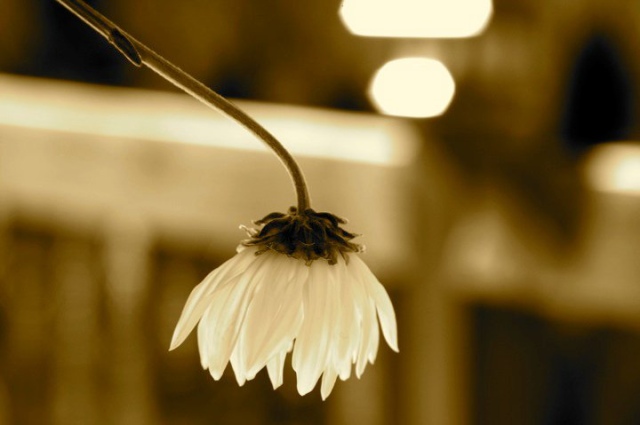 Hi everyone,
Hi everyone,
Last winter, Living Ubuntu did a series on how to cultivate healthy, compassionate relating with global issues. One of the things addressed was the role of stress in diminishing our capacity to pay attention and be able to step into the shoes of another. It increases our proneness to reaching a state of overwhelm far more quickly. And when I say “stress”, it can range from chronic daily stress, to the more extreme Post Traumatic Stress that gives us trouble in fully accessing our capacity to care.
This past September, I had an experience that re-triggered my own PTSD symptoms. If you are not aware of my history, I suffered from severe PTSD from a very early age, and have devoted much of my life to recovery. In the past decade, my struggle has been relatively minor compared to what it once was. Yet, a rather routine situation last fall was traumatizing for me and it brought with it a wave of not-yet-fully-resolved situations from very early in my life.
While I had never struggled with this before, one of the results of the traumatic incident was that I became extremely claustrophobic. I also began to have panic attacks, and was particularly vulnerable to their occurrence if I felt the least bit confined, or even heard about someone else being confined. For instance, to sit in the middle of a full auditorium became an unbearable experience. Elevators were tolerated with high anxiety. My nervous system had gone on “high” and was not coming down quickly.
I noticed how much my own experience mirrored the very things I had taught in the group last winter. Suddenly news stories that I generally would have been able to attend to in a healthy way, instead brought instant overwhelm and near panic. I couldn’t bear to hear of buried earthquake victims, those stuck in an elevator when power went out, or see a cartoon image of a dog that got stuck in a tunnel. When I did manage to fully tune in to day-to-day news stories, I noticed how my empathic experience had been changed.
One example of this was if I was listening to details of a conflict zone, I not only thought about how terrifying it would be for those going through it, not only the violence leading to injuries and death, not only the lifetime scarring of one who has had their sense of safety utterly destroyed, I was hyper-attuned to what it is like to be trapped. In war, feeling trapped might be the literal inability to escape a building due to structural damage or outside weaponry. It can also be the sense that there is nowhere to go that would feel safe.
My overall capacity to be responsive to global issues grew smaller. My ability to feel compassion diminished. And yet within this, in the times I could manage to stay present as witness, my empathy and compassion had actually increased as I was even more in touch with certain aspects of the inevitable human experiences created in the situations I was hearing about.
It helps to be a psychotherapist who has had a lot of therapy as I recognized my own symptoms of trauma immediately, and connected the dots to identify past and present situations creating them. I also am well-versed in knowing how to resume a path of healing. I do not take it lightly that at this point in life I have many advantages, recognizing that many people might not have this ability.
In feeling intense anxiety or overwhelm when hearing of global events, it can be difficult to distinguish how much is because the present day situation is genuinely one of horror, or if the feelings are more extreme because it is triggering something unresolved from the past that lies outside conscious awareness.
For instance, I have encountered many people that find viewing a documentary about genocide in Darfur absolutely unbearable. There is no denying that genocide is full of horror, and is very, very difficult for anyone to deal with. Yet, I have had conversations with some who had never thought about how being born into a family of Holocaust survivors, first or second generation, colors their experience of genocide, making it more personal. While some are fully conscious of this family heritage and how it plays out in their life, many have never given it any thought. They get triggered without any deep understanding of what it is about. Without awareness, practicing avoidance and narrowing what one comes into contact with becomes their best way to get through it.
For me, my own September trauma reminded me of how unbearable PTSD can feel. Panic attacks were fresh in my range of experience as truly, truly awful. During times of extreme anxiety my emotional capacity was narrowed, yet overall, my empathy was freshened up a bit in terms of being able to feel for and feel with others suffering in similar ways.
What about those of you reading this that have had panic attacks and never known why? Or had insomnia, chronic anxiety, bouts of depression, proneness to overwhelm, etc. without ever really knowing what it stems from?
Our society has fallen in love with pharmacology as supreme symptom-masking solution and whether it came from a doctor’s prescription, over the counter self-medicating, or varying forms of substance abuse, the truth is none of these options actually work very well.
My own PTSD story played a big role in why Living Ubuntu was started. I saw how often stress and trauma are not well understood. Without that basic understanding there would be no way to increase healing for the mass numbers of people suffering.
If we don’t know what has triggered what we are feeling, we are likely to be stuck with the misery of it merely because we just don’t know what to do about it. Sometimes people try to conceal their symptoms mistakenly thinking that they are the only one feeling that way.
The additional price we pay by ignoring these things is that we are more prone to turn away from the suffering of others, unable to cultivate compassionate and caring responses because we feel far too overwhelmed to do anything other than just try to minimize our own internal distress.
The aspect of my own re-triggering that I can genuinely be grateful for is that it is grand reminder of the fragility and vulnerability that comes by being human. Traumatic experiences are universal. We will all at one time or another experience a natural disaster, car accident, violent incident, sudden death of a loved one or any of the many other things that happen in life and come as a shock to our system.
Not everyone is going to get stuck in PTSD, and in fact it is only a minority that will. Yet, there are lesser degrees of unresolved trauma and in today’s society most all of us are contending with chronic daily stress that takes a toll on us slowly, in small doses, and builds up into more destructive states after a period of time has gone by without sufficient down time.
We need to be a bit more sophisticated in recognizing the impact of stress, and take it seriously. We need to be devoted to our own well-being and healing, and make ourselves more available to one another in non-judgmental, supportive ways. We need to see in one another when stress needs attention as sometimes we lose our ability to see it for ourselves.
Our world needs more of us in emotionally available compassionate states, and we are going to need to help each other accomplish that.
Warmly,
Barbara English
Executive Director, Living Ubuntu
http://livingubuntu.org
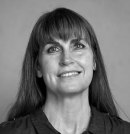 Barbara English is a Licensed Marriage Family Therapist and Certified Bioenergetic Therapist with over 20 years of experience. She is the Executive Director of Living Ubuntu, a non‐profit organization founded in response to her concern about the effects of mass trauma on populations around the globe. Much of her training has centered on Early Development, Infant Mental Health, and how to recover after abuse or trauma. She is a 2009 Carl Wilkens Fellow with Genocide Intervention Network.
Barbara English is a Licensed Marriage Family Therapist and Certified Bioenergetic Therapist with over 20 years of experience. She is the Executive Director of Living Ubuntu, a non‐profit organization founded in response to her concern about the effects of mass trauma on populations around the globe. Much of her training has centered on Early Development, Infant Mental Health, and how to recover after abuse or trauma. She is a 2009 Carl Wilkens Fellow with Genocide Intervention Network.


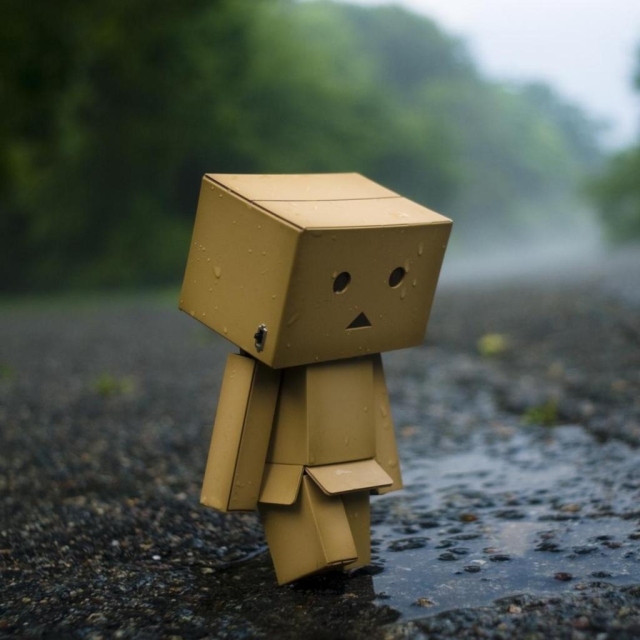
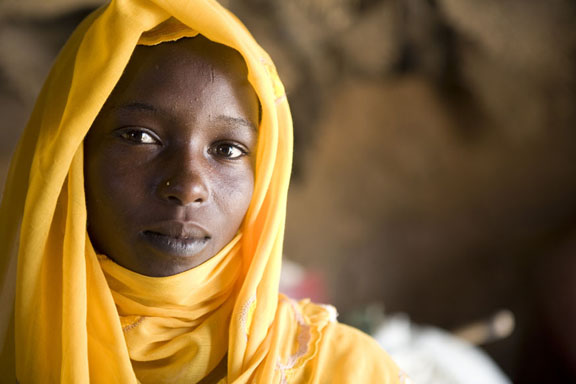
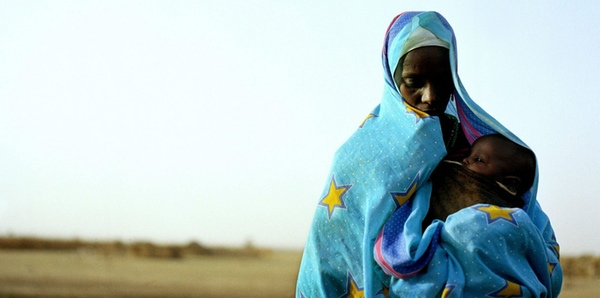
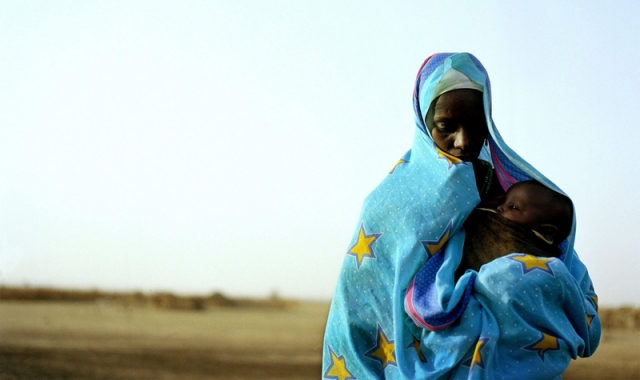
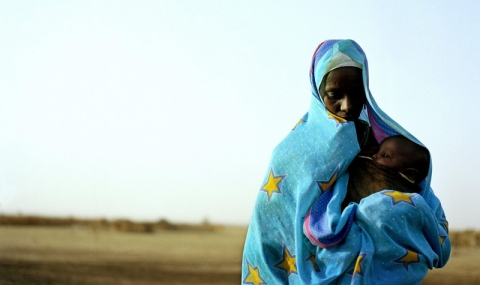


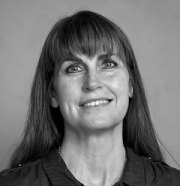
 Hi everyone,
Hi everyone,